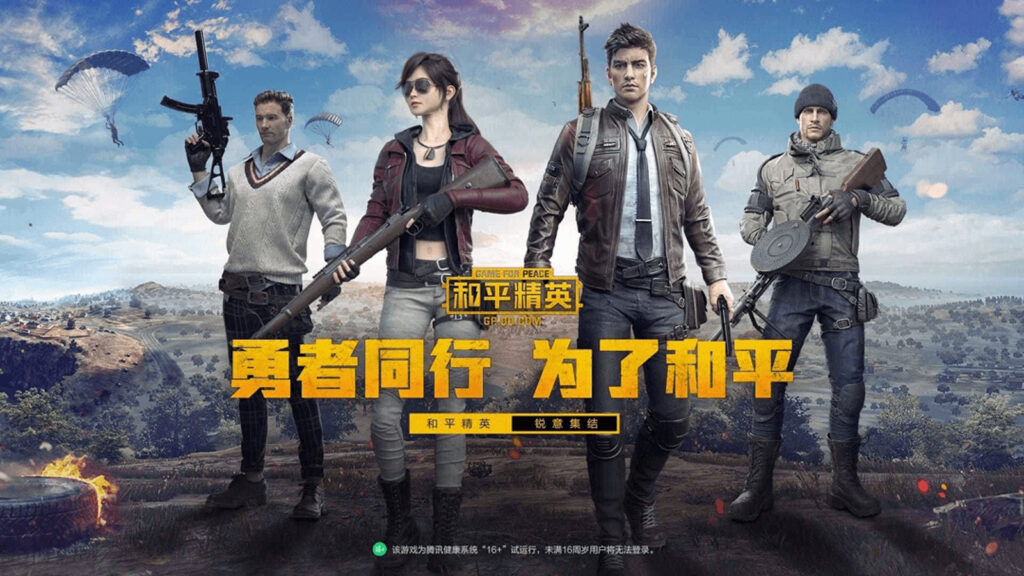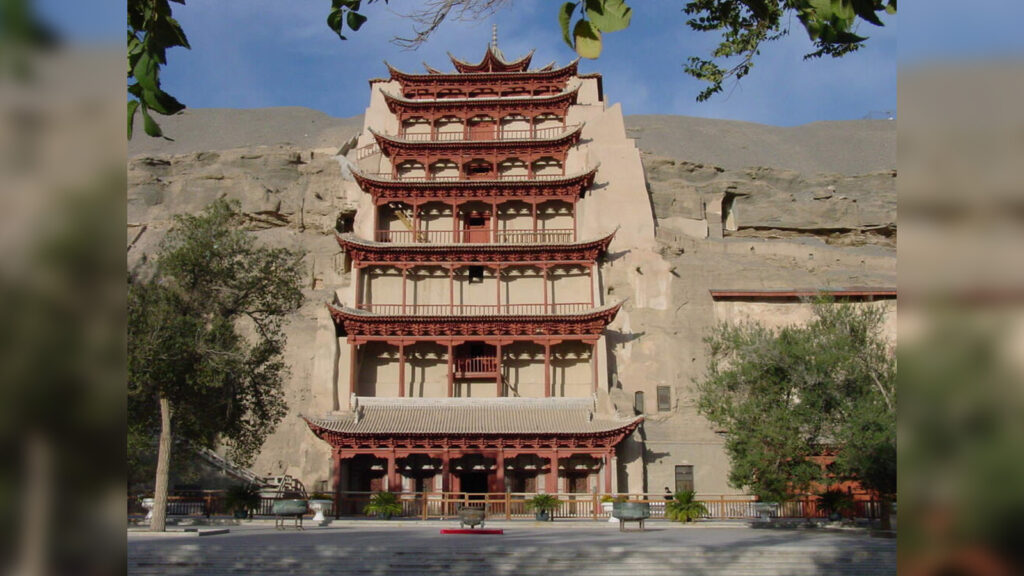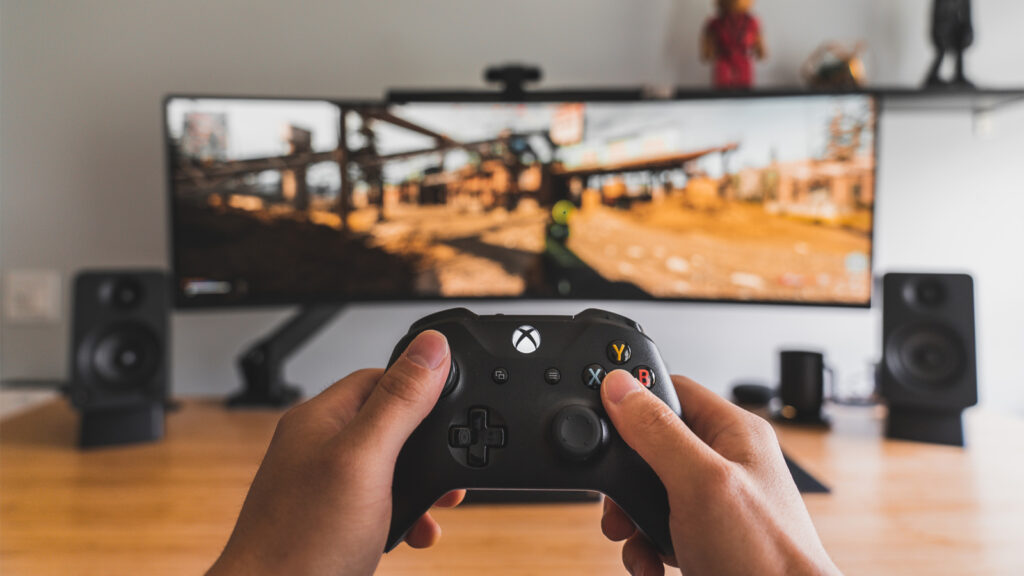In today’s day and age, video games have evolved beyond entertainment, becoming powerful tools for societal improvement. Initially created for enjoyment, these games have developed over decades, becoming valuable resources for education and cognitive skill development.
The rise of gaming technology, known as gametech, significantly contributes to enhancing lives and positively impacting society.
To gain deeper insights into this video game technology and its potential to contribute to a better world, ONE Esports spoke to Lisa Cosmas Hanson, the President and CEO of Niko Partners.
What is gametech: definition and meaning explained
Gametech, or game technology, is defined as technological advancements within the video game industry. It encompasses two categories, referring to existing technologies that benefit the video games sector and technologies developed by the video game industry that have broader applications across various industries, according to Lisa.
The first category involves pre-existing technologies integrated into video game software and hardware or those that are essential for online gaming. Examples include using computer processors in gaming and implementing network technologies like 5G to support live-service titles.
| Exclusive: What does Level Infinite do? Marketing Senior Director explains relationship with Tencent |
The second category of gametech comprises technologies initially created for the video game ecosystem but has since found other uses in diverse commercial applications. Notable examples within this category include augmented reality (AR), virtual reality (VR), game engines, haptic input devices, and adaptive controllers.
Gametech in China: Tencent’s efforts that make huge impact
Multinational technology conglomerate Tencent has become a frontrunner in leveraging gametech for diverse applications in China.
In collaboration with Peacekeeper Elite, the Chinese version of PUBG Mobile, Tencent Games CROS, Tencent Institute of Games, and Tencent Intellectual Property Department pioneered the industry’s first standardized game vibration tactile feedback system. With over 200 unique pulses conveying information, this system, named MTGPA Haptics, sets a tactile feedback international standard compatible with both Android and iOS platforms.
Beyond gaming, Tencent’s MTGPA Haptics has been utilized for text-to-speech and speech-to-text conversion, helping individuals with hearing and visual impairments in seeking assistance.

In the aviation sector, Tencent collaborated with China Southern Airlines to introduce a flight simulator visual system utilizing a game engine. This system integrates regenerative procedural content generation (PCG), AI-generated content (AIGC), and other gaming technologies, resulting in significant time savings and a reduction of over 50% in production costs.
Taking a look into cultural heritage preservation, Tencent developed Digital Great Wall, a cloud-based video game showcasing the Great Wall of China. Beyond providing a more immersive experience of this iconic landmark, the project contributed to environmental sustainability by planting 250,000 trees through custom-built procedural content generation.

Furthermore, Tencent played a crucial role in the digital restoration of the Mogao Grottoes, a UNESCO World Heritage site in Dunhuang, China. This initiative involved high-definition digital photo scanning, game engine-based physical rendering, and global dynamic lighting to showcase the grottoes’ original appearance. Users can participate in character role-playing, explore four unique historical periods, and interact with seven NPC characters, offering a deeper understanding of the landmark’s history.
Gametech in Southeast Asia
The Southeast Asian region is no stranger to this developing technology.
Given the susceptibility of Southeast Asian countries like Indonesia, Singapore, the Philippines, and Malaysia to flooding and natural disasters, these countries have used gametech for forecasting and simulation purposes.
In Indonesia, virtual reality is employed to create a model simulating tsunami risks. It also serves as a training tool for disaster relief volunteers.
Singapore’s NUS Smart Systems Institute, in collaboration with the Singapore Armed Forces (SAF), developed the Multi-Sensory Extended Reality (MS-XR) Medical Crisis Management System. This system provides medical first responders with a more realistic triage training experience.
The Philippines and Malaysia have utilized artificial intelligence to enhance their weather forecasting systems, specifically to better prepare for and respond to typhoons.
The future of gametech

The future of gametech holds a promising convergence with artificial intelligence (AI).
AI’s current role spans various aspects within games, including content generation, lifelike non-playable character (NPC) creation, user behavior analysis, adaptive difficulty adjustments, and combating online toxicity, all driven by machine learning.
“While AI-generated content is starting to be popular among the non-gaming populace, with ChatGPT being a major example, the usage is still rather limited,” Lisa told ONE Esports.”We expect more adoption of AI in an industry that mirrors how it’s used in games.”
Discuss stories like these with us — join the ONE Esports Discord community.
READ MORE: Exclusive: The rise of female gamers in SEA — despite the challenges

